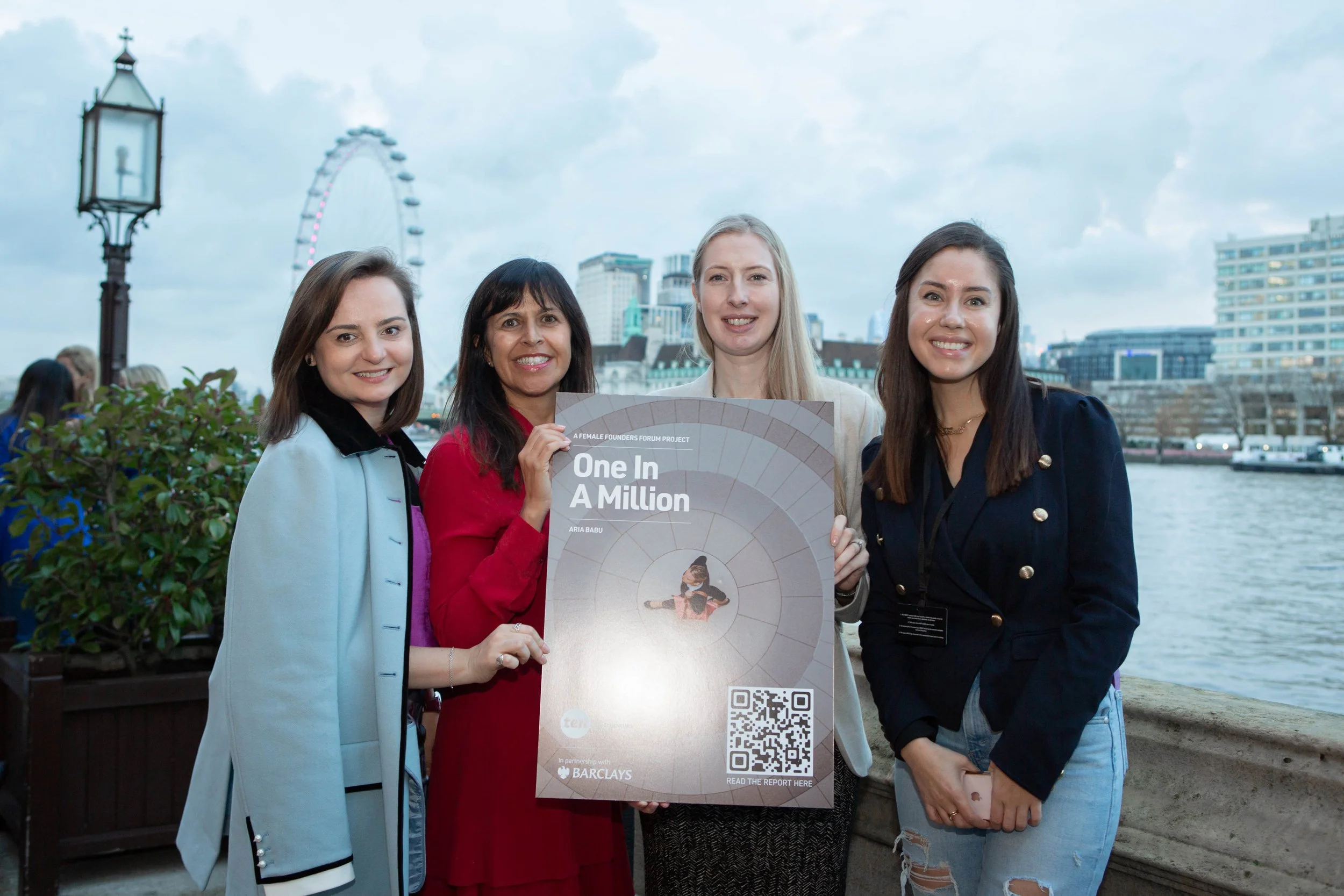There are aspects of running a business that you can’t really discuss with your employees. I’ve been in digital media for a decade, in startups for nearly eight years, each of which have grown from 2 or 3 people to 50 within 24 months. And that process has brought certain challenges around hiring, firing, building a team and redundancies.
If you’re growing, you have to hire, which is a time-consuming, exceptionally challenging process. We’re created a framework which allows us to on-board and hire what we feel are the right people, as quickly as possible, while minimising risk. This is the positive side of fast growth, and it’s a model that was put in front of me at a Balderton Capital event on hiring efficiently.
It’s based around competency interviewing – i.e. not asking open-ended questions and instead looking for specific examples of competencies one has shown in the past and making sure they match up to the skill set you need in your business. I’ve deployed this in both startups and applied it to sales and marketing, account management, and engineering roles.
Competency interviewing is great for hiring the guys who will operate the business on a day-to-day basis. But when it comes to the senior team, you will need to spend a longer time looking. The chairman, for example, is critical and will inevitably take longer to find.
When you think about your company, there are five or six behaviours that your top colleagues should have at least some of. In our business, for example, being analytical is the one behaviour we see across the board with our best staff. Once you have identified your management team, you’re able to ask and interview people around those behaviours, rather than asking: “Tell me about the areas where you’re weak,” which just gives them the opportunity to sell themselves. Having these five behaviours gives a company a structured way of establishing the right person for a job. Broadly, we’ve seen very good results with this method, but some things do fall through the cracks.
Which leads us to the crappier areas of dealing with fast growth which naturally occur in the business. One is redundancies – which are separate to making bad hiring decisions, and more about making bad strategic decisions and subsequently needing to streamline. Even if you’ve hired the right people, you may still face redundancies.
Last year we went from 65 to 50 people because we’d made some errors on the cost base. The first lesson I learnt was to cut much deeper than you want to and believe is adequate. You need to create a buffer. It was advice given to me by our VC, which I ignored, and six months later came to regret.
Once you’ve made the decision to reduce the head count, the management have to know straight away. Next, the individuals need to be informed. When delivering the news, you have to be very prepared on what exactly they’re going to get. The minute you tell them, they stop thinking about the business and start thinking about their own survival – their families or mortgages. They want to know when they’ll have to leave, about their package, and whether you’ll help them look for a new role. All this should be prepared – including thinking about moving them to another company within your VC firm’s portfolio.
An additional downside is that you’ll inevitably see additional churn. It’s natural that in making 10 per cent of your team redundant, 15 per cent will end up leaving in total. So when deciding who to make redundant, consider who will have the biggest impact on team left behind. Once you’ve made the tough decision, get the rest of the team together and explain to them what’s happened and why. The biggest challenge is on being transparent with the team on moving forward. Their natural question will be: “how bad is it?”
I was fully transparent with my entire team on one occasion, and it backfired because not everyone was senior or mature enough to be able to handle the move. I told them all would be fine, provided we hit a certain revenue per month for six months. But what happens when you’re 20 per cent down on that? Questions, murmurings, talk among the team. So I’ve learnt to hand pick the people who should know about cost bases and plans going forward. And after all is said and done, the team is so much stronger.
The second area is the early employees who don’t transition with the business, and this is often a lot harder, as you’ll likely be a lot closer to them. They probably have the best option and equity schemes in the business. I would highly recommend the book “The hard thing about hard things” by Ben Horowitz, which address the hard graft and tough decisions that come with running a startup. At one point the author had seven days to IPO as the business had run out of cash, and while doing that, he had to care for his critically ill wife.
I’ve yet to solve the problem of letting early staff go, though I’ve learnt something about handling it. In the current company, we had the same issue with early employees who are thrust into management positions. Each was phenomenal in their initial roles. The trouble comes when the company grows and they find themselves 10 to 15 people to manage.
We now do 360 reviews with the management team, which is run by our senior advisers. It avoids the constant one-on-one of my telling a team member that they’re failing in certain ways. The quarterly 360 review makes it obvious, quickly, which areas an individual needs to work on.
Then you have to make the decision. But rest assured, our VCs say every company in their portfolio has experienced this challenge at some point. Staff not growing with the business is a very common problem, but if you’ve given them a structured overview of where they’ve fallen short, it’s far easier because you have specific examples.
You need to remember that there’s a secondary impact of not letting underperforming staff go, and that’s on the rest of the team. Everyone will know that you’ve not made a decision quickly enough. That team will suffer from being poorly managed, and start to ask why management isn’t doing anything about it. It’s important to act fast.
The final challenge of growth is around time management. I’ve not always managed my time as efficiently as I could, but now I sit down at the start of ever month, identify the two or three things that drive my business forward, ask what items my to-do list impact those things, and give the rest to the financial director or another senior team member.
Glen Calvert founded advertising technology company Affectv in 2011. This article is a transcript of his speech at a Leap 100/The Entrepreneurs Network breakfast on 8 June 2016.

























